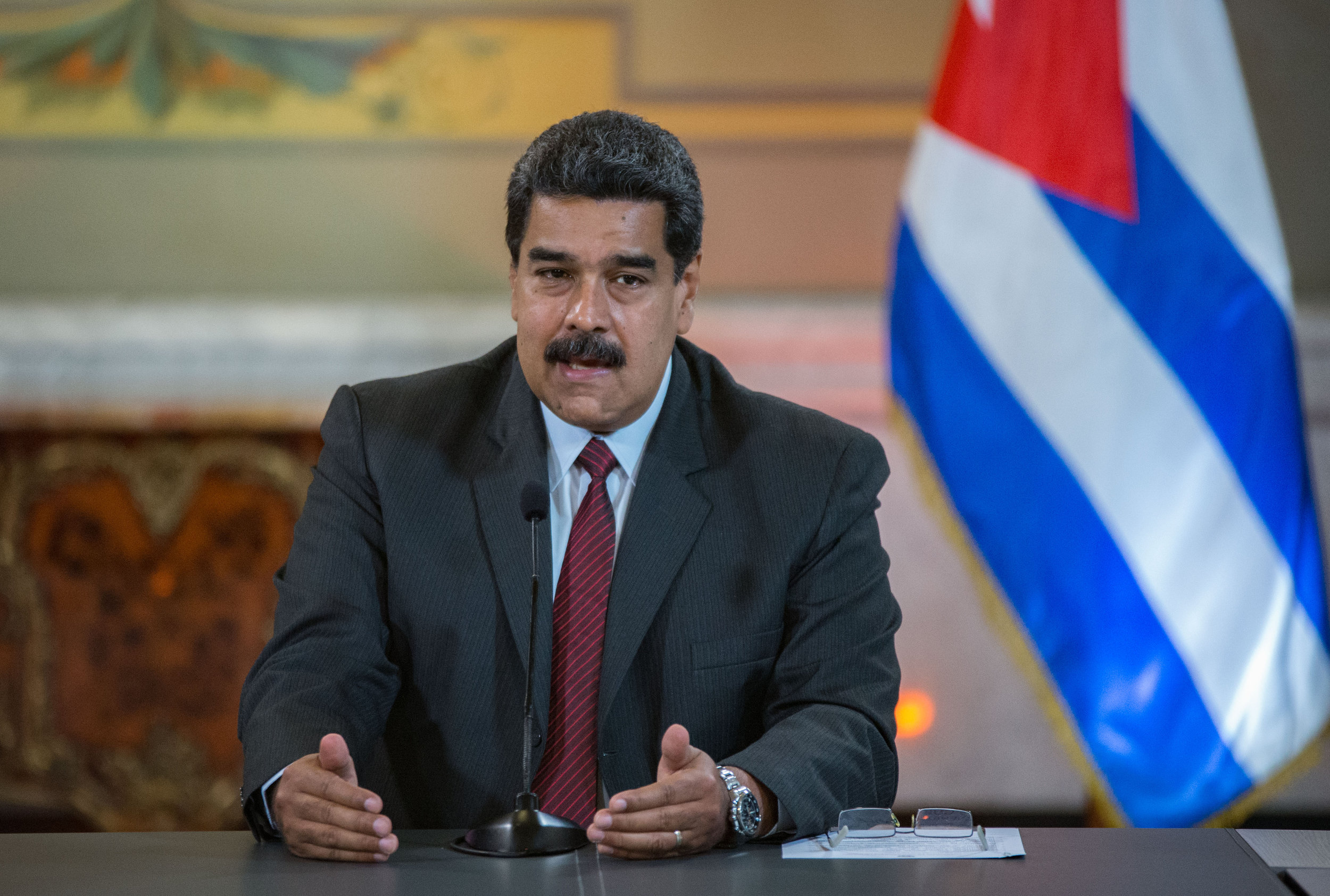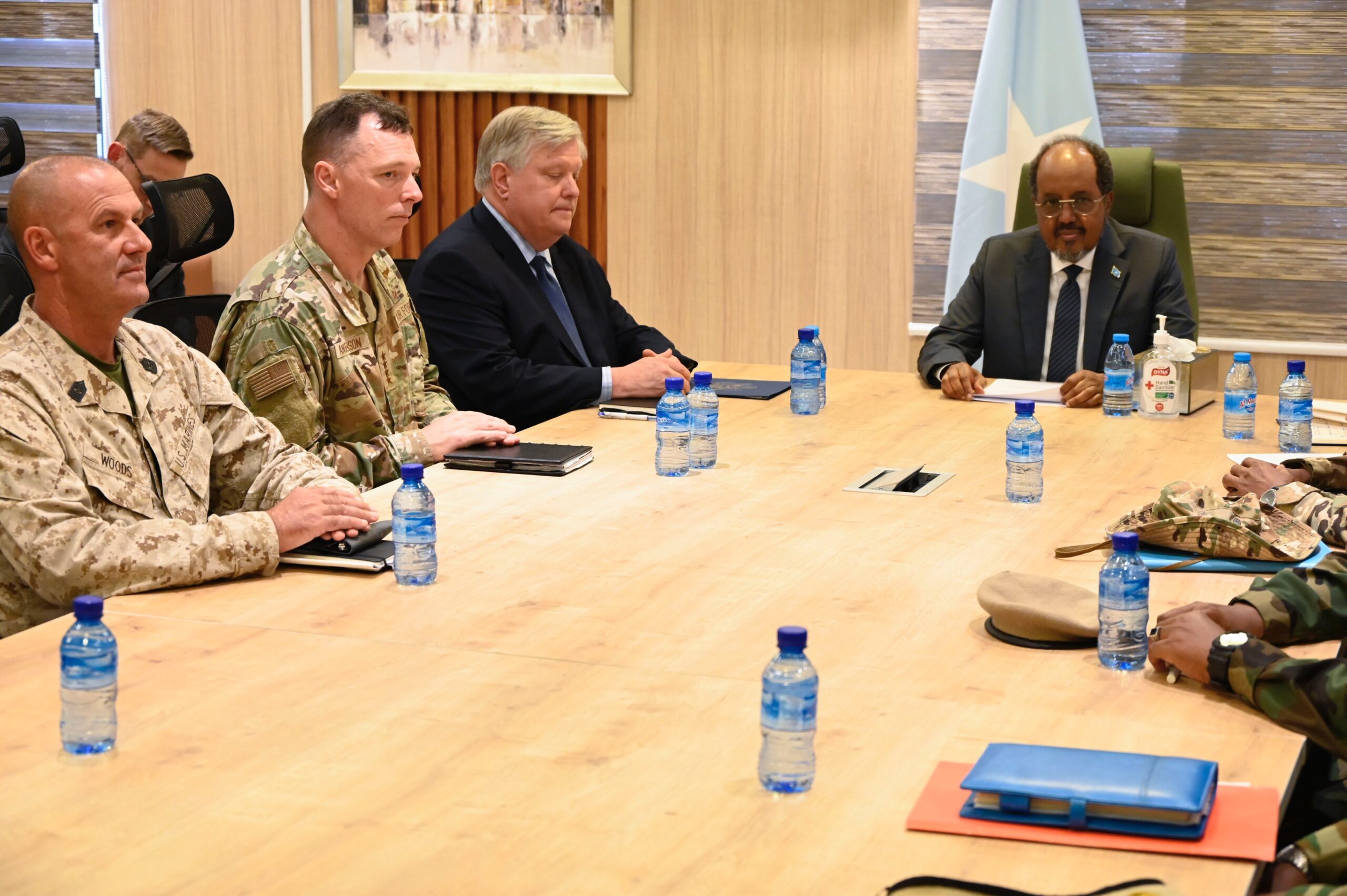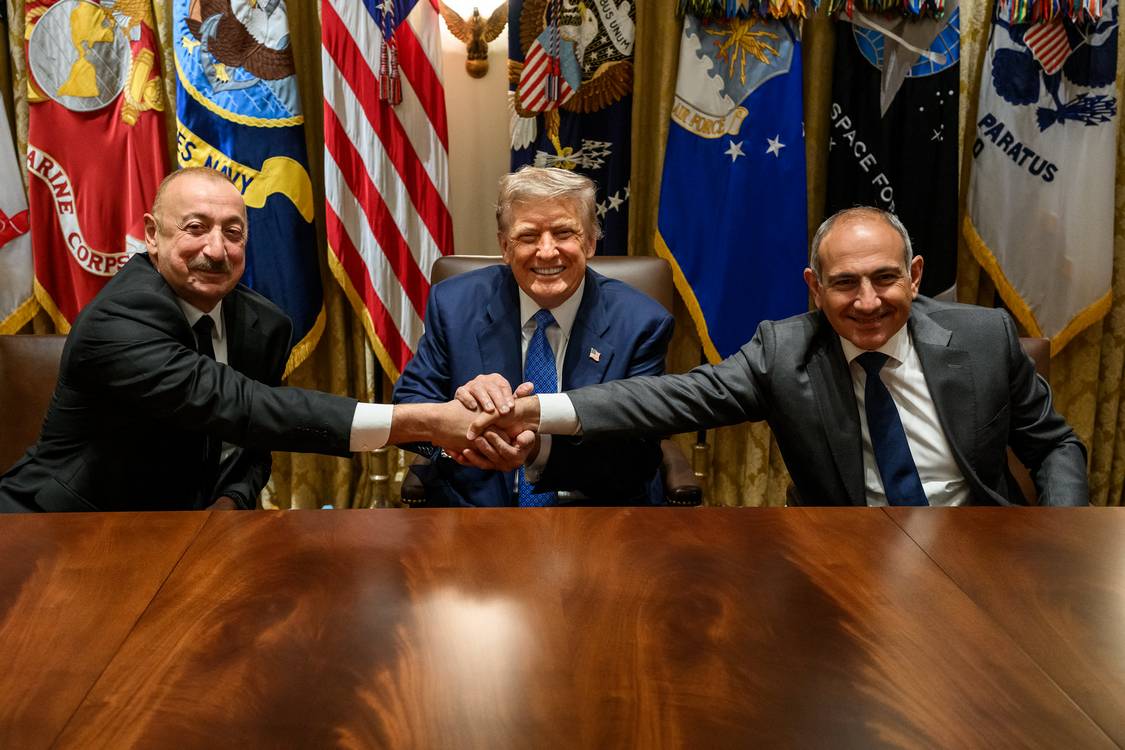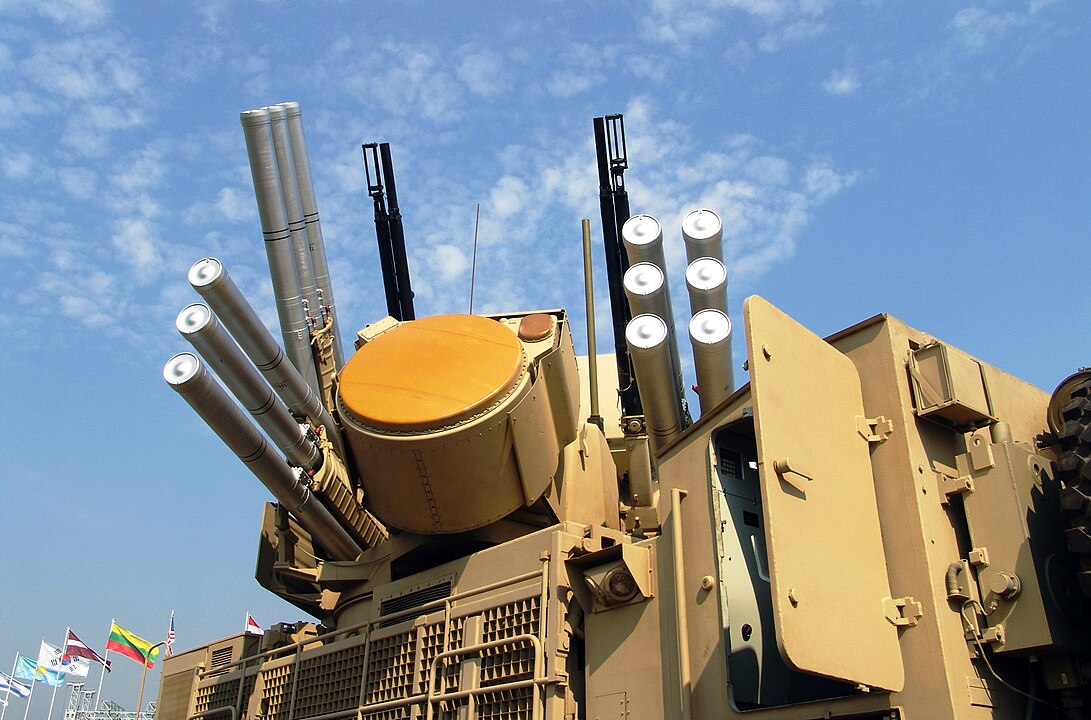PICTURED: The maritime routes used by Venezuelan oil tankers in trade with Cuba. Photo sourced from Diario de Cuba.
Venezuela, one of the last bastions of socialist economics in the world, has had their economy trampled by what is now several years of United States sanctions. Sanctions have also been placed on many outside firms and individuals who have attempted to remain an actively participating part of the Venezuelan oil sector including Lebanese, Iranian, and Colombian business entities.
Last week, the United States Office of Foreign Asset Control (OFAC) put the full complement of restrictions on all property, as well as interests in property owned by 50% or more, in or in control of the United States by Cubametales.
Cubametales is the state-owned oil company in Cuba responsible for 100% of the importation of oil, crude oil, additives, and lubricants into the country. They also made the now-fatal mistake of dealing within the Venezuelan oil sector.
Cubametales has an agreement with PDVSA, the national oil company in Venezuela known as the CIC, in which Cubametales takes responsibility for setting import terms and quotas – normally up to 53,000 barrels per day on a quarterly basis according to OFAC.
In return for the oil, Cuba provides assistance to several sectors of the Venezuelan economy including the provision of medical services, technology, and military assistance. The goods and services Cuba provides Venezuela, according to OFAC, continue to fuel the corruption of Maduro and his associates and help maintain their control over the increasingly impoverished Venezuelan people.
In an examination of the CIC, Cuban economist Omar Zambrano found little to suggest that Venezuela was obtaining any actual profit from the accord, claiming that Cuba “provided doctors, sports coaches, and some artisan products, but offered nothing that could mean a real income to the Venezuelan economy”.
“They are dollars that did not enter the Venezuelan economy in any way,” Zambrano told Diario de Cuba.
According to Zambrano’s data, the value of the oil imports since 2000 has totaled $37.5 billion, with last year’s totaling $1.06 billion. The ocean-going vessels that have been identified and sanctioned by OFAC however, have continued delivering oil to Cuba by simply changing the names of their boats and turning their transponders off.
It doesn’t seem logical then to claim that artisan products and sports coaches “continue to fuel the corruption of Maduro and his associates and help maintain their control over the increasingly impoverished Venezuelan people,” like OFAC suggests. Furthermore, during the brief week or two where President Trump seemed to care about the plight of the poverty and hunger-stricken people of Venezuela, it certainly seemed like he would’ve been happy if doctors and medical supplies were allowed into the country.
PICTURED: Venezuelan President Nicolas Maduro.
Failure to Launch
In May, World at Large reported on a UN examination of OFAC’s treatment of the Venezuelan economy as part of President Trump’s policy on Maduro’s supposedly unlawful regime.
Jeffery Sachs, an economist at Columbia University and the UN Sustainable Development Solutions Network, summarizes that the sanctions, first implemented in 2015, and worsened with the executive orders in 2019, fit the categories of “Collective Punishment” as outlined by The Hague and Vienna international conventions, to which America is a signee.
“If we look at the combined impact of all of these actions,” Sachs writes, “we find that they drastically reduced the ability of Venezuela to produce and sell oil and to sell any foreign assets of the government, the most important of which were frozen and/or confiscated; and also to use whatever foreign exchange that the country is still able to earn to buy essential imports”.
“For these reasons, a baseline projection of Venezuela’s real GDP shows an astounding and unprecedented decline of 37.4% in 2019, as compared to 16.7% in 2018. Imports of goods are projected to fall by 39.4%, from $10 billion to $6.1 billion. More than 1.9 million people are expected to leave the country, and the impacts on human life and health are expected to be even more severe than what happened last year”.
Sachs’ report was conducted before this latest blocking move by OFAC of what would naturally be Venezuela’s last significant importer of oil – one of the other last bastions of socialist economics in the world and a country which has felt the pressure of American trade warfare for decades.
Another flaw in this remarkably flawed attempt to overthrow Maduro from afar is that the list of specifically sanctioned individuals are all members of government or the heads of the large state-controlled banking, agricultural, and petro sectors; in other words, those who in a socialist economy control the flow of wealth throughout the country.
This is unlikely to work for several reasons. One, because economic power in a socialist economy is consolidated, these specifically sanctioned persons are unlikely to feel the effects of the deprivation from sanctions. They will keep whatever it takes of whatever there is to ensure their well-being resource-wise, before moving it along to the masses.
If the heads of state and industry refuse to capitulate to U.S. pressure, perhaps the United States hopes that Maduro will step down as a result of massive civil unrest, though there hasn’t been much to speak of so far.
Moreover in a socialist economy military, like economic power is also consolidated, so it’s highly unlikely that an attempt to overthrow Maduro by lower state heads or the civilian population at large would succeed, since the Venezuelan military is very strong and has demonstrated loyalty to Maduro.
The multi-pronged economic attack continues to seem miscalculated and inaccurate, perfectly summed up with this recent ban on Cuban trade, but originating back in the last Venezuelan presidential election where the United States designated their mysterious ally the “Interim President,” Juan Guiado, as the rightful heir to the socialist throne.
Meanwhile reports are plain to read from over 100 international election observers ensuring the United Nations that the election was fair and inclusive. Yet even today, OFAC’s press releases end with the following statement:
“The United States has made clear that the removal of sanctions is available for persons designated under E.O. 13692 or E.O. 13850, both as amended, who take concrete and meaningful actions to restore the democratic order, including through refusing to operate in Venezuela’s oil sector, which continues to provide a lifeline to the illegitimate regime of former President Nicolas Maduro”.



